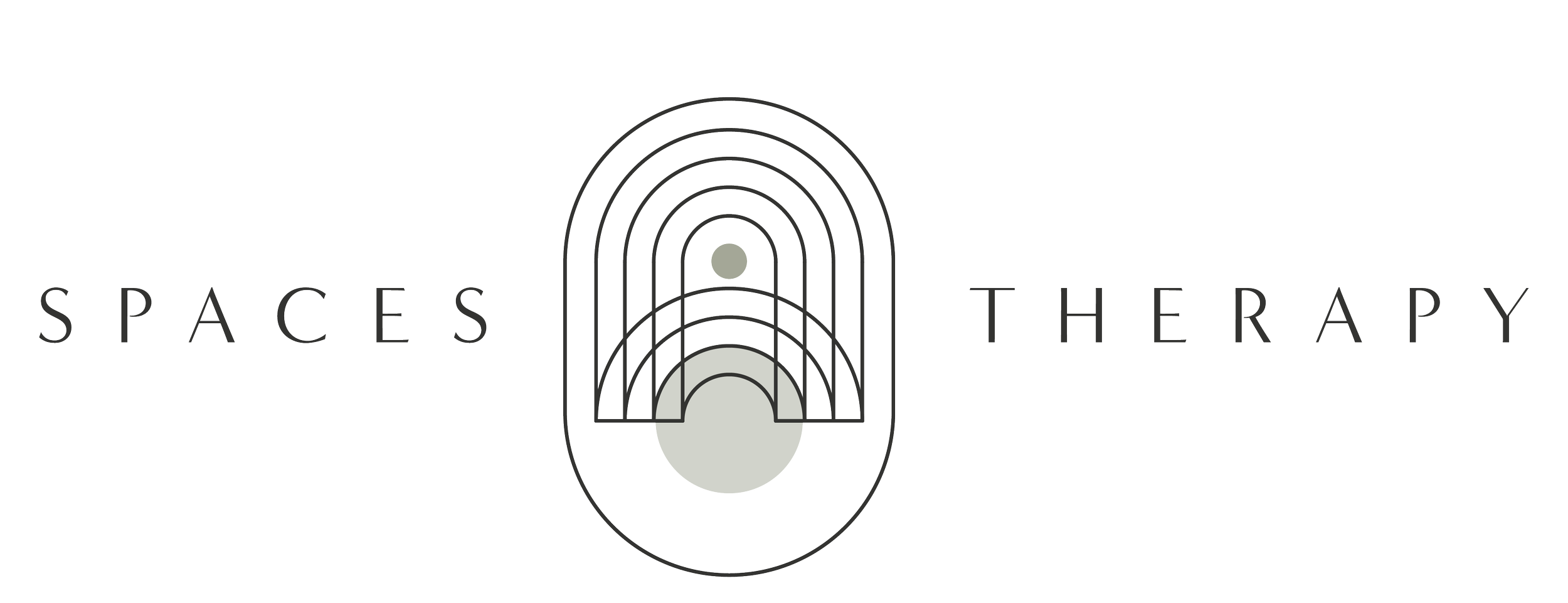What is Play Therapy? Debunking Myths
Play therapy is a widely used therapeutic method that capitalizes on a child’s natural curiosity and propensity toward play to help uncover and address underlying emotions and psychological distress.
There can be misconceptions about how play can be used therapeutically. Here are some common myths about play therapy as well as the reasoning behinds its effectiveness.
“Play therapy is just playing games and making art. It’s no different than playing at home.”
Play therapy is one of the most common methods for engaging a child.
While it may look like a typical playtime, play therapy capitalizes on using play as a child’s natural means of expression. Providing a child with toys and characters invites them to project the stories, ideas, and messages they have internalized about themselves and the world around them. Through play, a therapist can see how a child engages with their emotions and work with them to develop coping skills, increase problem solving, and reinforce resiliency.
“Kids have to talk for therapy to be effective.”
Often in play therapy, the therapist creates and models safety for a child to express their feelings.
This can look like allowing a child to make mistakes, ask questions, show their anger, fear, or sadness. Because children don’t always have the ability to express these things with language, playing can be a familiar and safe way to externalize themselves. The therapist acts as a facilitator to allow the child to have the space to do so.
“Play therapy won’t help my child solve problems or change behavior.”
Because play is a natural way for children to express themselves, it can also be used as a way to introduce alternative behaviors, coping skills, and use of problem solving.
Often through play, children tend to act/play out different themes, emotions, or stories that can mirror their experience in real life. Play is the ultimate context where children can practice engaging with themselves, their emotions, practice how to appropriately interact with others, and use their imagination to solve problems. This in of itself is used to help empower kids to ultimately have control and agency over how they respond and cope with life’s situations.
At Spaces Therapy, we endeavor to use these principles in our work with children. Book now for a consultation to see if any of our therapist might be a good fit for you and your needs!



